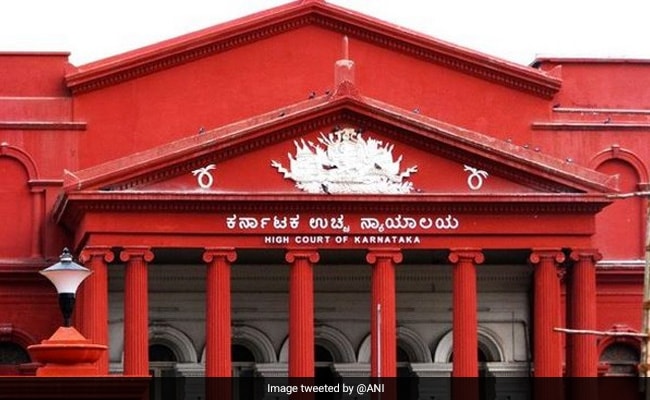The Nitish Kumar government issued a gazette notification for higher quota last year
New Delhi:
In a big setback to Bihar Chief Minister Nitish Kumar, the Patna High Court today struck down the 65 per cent reservation in government jobs and education that was introduced last year after a statewide caste survey. The state government’s move had taken the reservation in Bihar past the 50 per cent cap mandated by the Supreme Court.
The order was passed by a division bench headed by Chief Justice K Vinod Chandran on petitions opposing the legislation brought by the Nitish Kumar government in November 2023. Mr Kumar’s JDU was then allied to the RJD and the Congress. A month later, he switched to the BJP and became Chief Minister again.
Ritika Rani, one of the counsels appearing for the petitioners, told news agency PTI, “We had submitted that the amendments to the reservation laws were violative of the Constitution. After hearing both sides, the court had reserved its judgement in March. Today, the final order has come.”
In November last year, days after the Bihar Assembly unanimously passed the reservation Bill, the Nitish Kumar government had issued gazette notifications for raising the quota for deprived castes from 50 to 65 per cent in state government jobs and educational institutions.
Senior JDU leader and minister Ashok Choudhary said the state government will study the judgment and challenge it in the Supreme Court.
Responding to the high court ruling, RJD’s Rajya Sabha MP Manoj Kumar Jha said it is an “unfortunate” development. “Such rulings prolong the journey towards the destination of social justice. We remember Tamil Nadu had to struggle for many years, we will do the same. But we must see what is the social background of these petitioners, who is controlling them from behind the curtains. We saw the same thing during the caste survey,” he said.
The RJD leader stressed the party’s demand to put reservation under the ninth schedule of the Constitution to shield it from court orders. “The NDA government is in power now, courtesy Nitish Kumar. He should go to the higher court and secure the rights of a big population.”



















